Massive protests erupted across Israel on Sunday following the deaths of six hostages in Gaza, intensifying public frustration over the government's failure to secure a ceasefire deal that could lead to the release of Israeli captives. Crowds estimated to be around 500,000 strong demonstrated in major cities like Jerusalem and Tel Aviv, demanding that Prime Minister Benjamin Netanyahu take stronger action to bring home the remaining 101 hostages. Protesters blocked streets, and police used water cannons to disperse the crowds, leading to 29 arrests.
The situation escalated after the Israeli military recovered the bodies of the hostages, who were determined to have been murdered by Hamas in recent days. In response, Netanyahu vowed that Israel would continue its efforts to hold those responsible accountable, while Hamas blamed Israel for the deaths, citing its refusal to agree to a ceasefire. Amid growing unrest, Israel's trades union federation called for a general strike on Monday, including the closure of Ben Gurion airport, to pressure the government into signing a deal.
As the protests continued, the U.S. and other international mediators urged for a resolution, with U.S. President Joe Biden condemning the killings and expressing optimism about a potential ceasefire. Meanwhile, Israel and Hamas agreed to a temporary pause in fighting to allow a polio vaccination campaign to proceed in Gaza, amidst ongoing violence in the region.



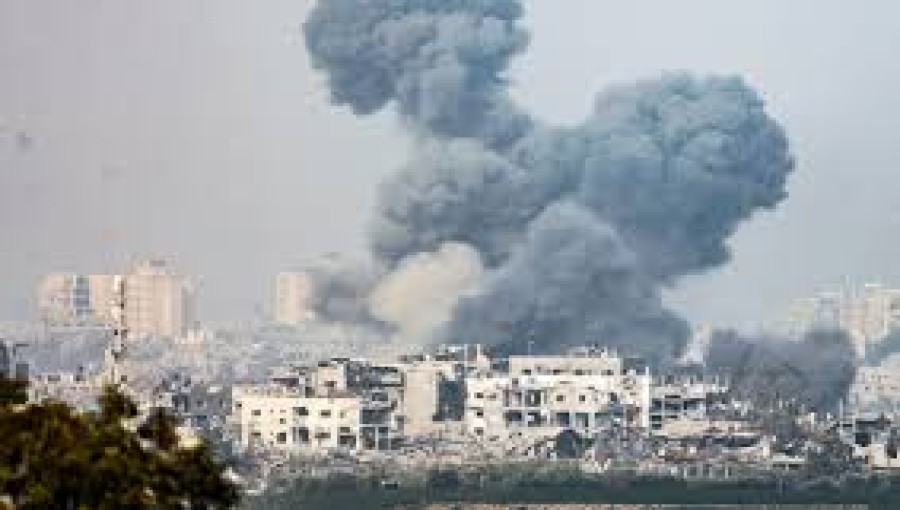
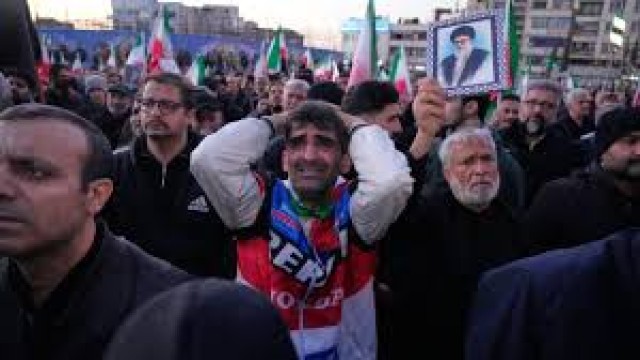
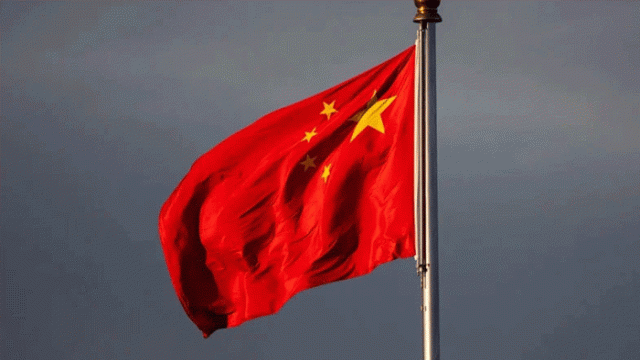
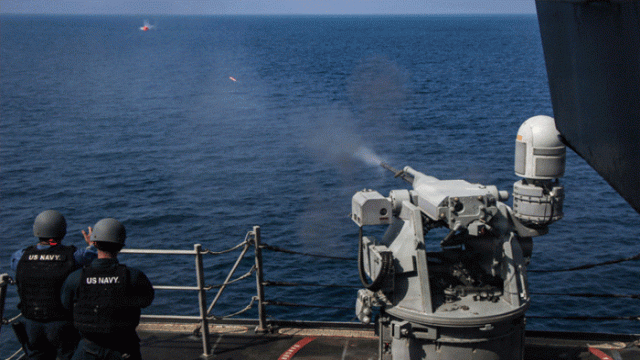
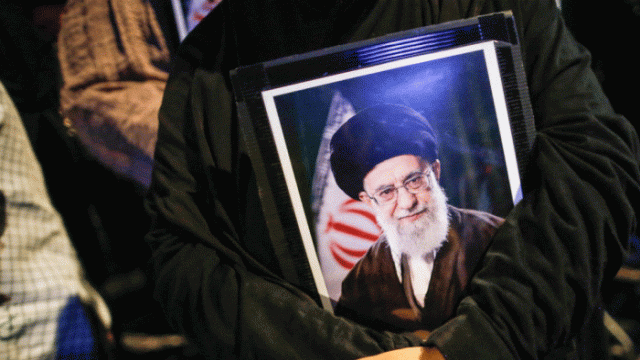
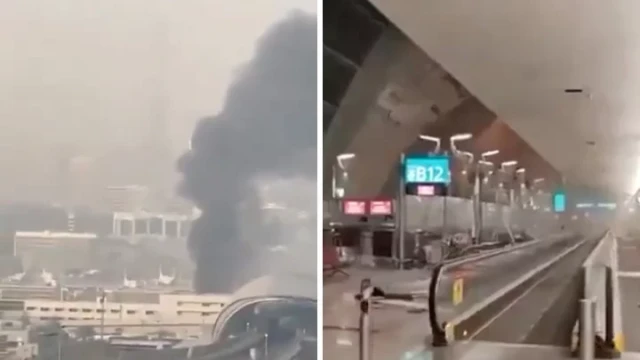
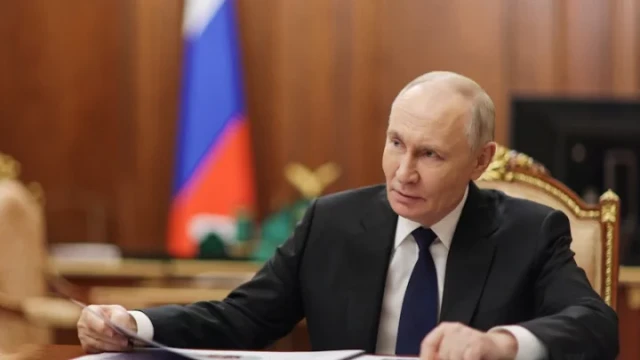
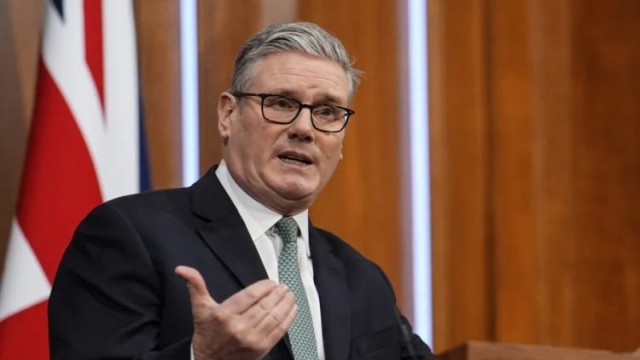
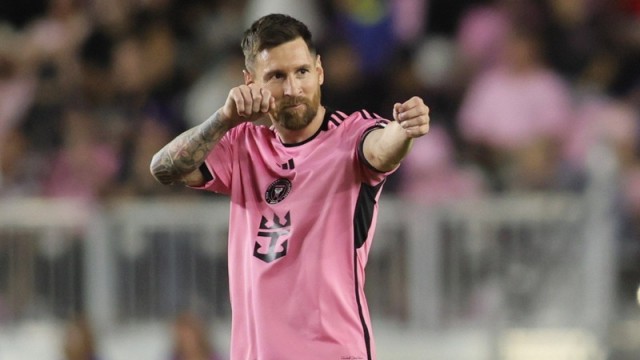
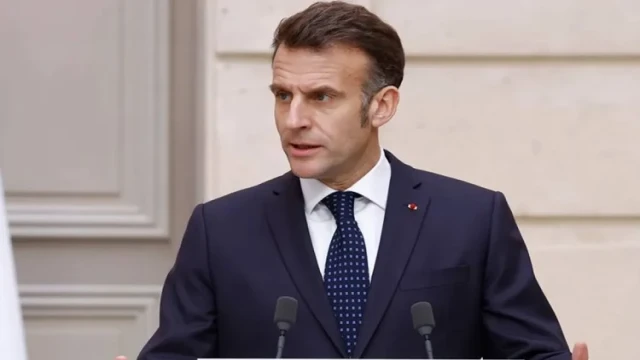
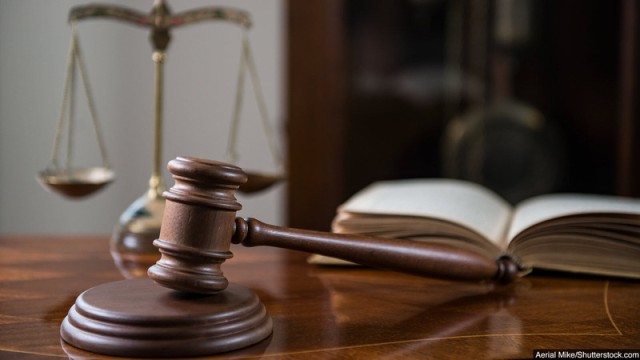









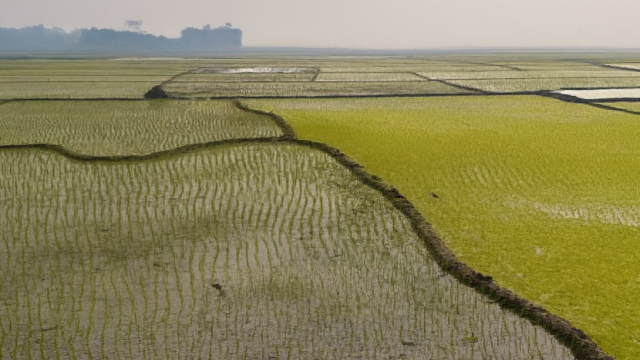


Comment: